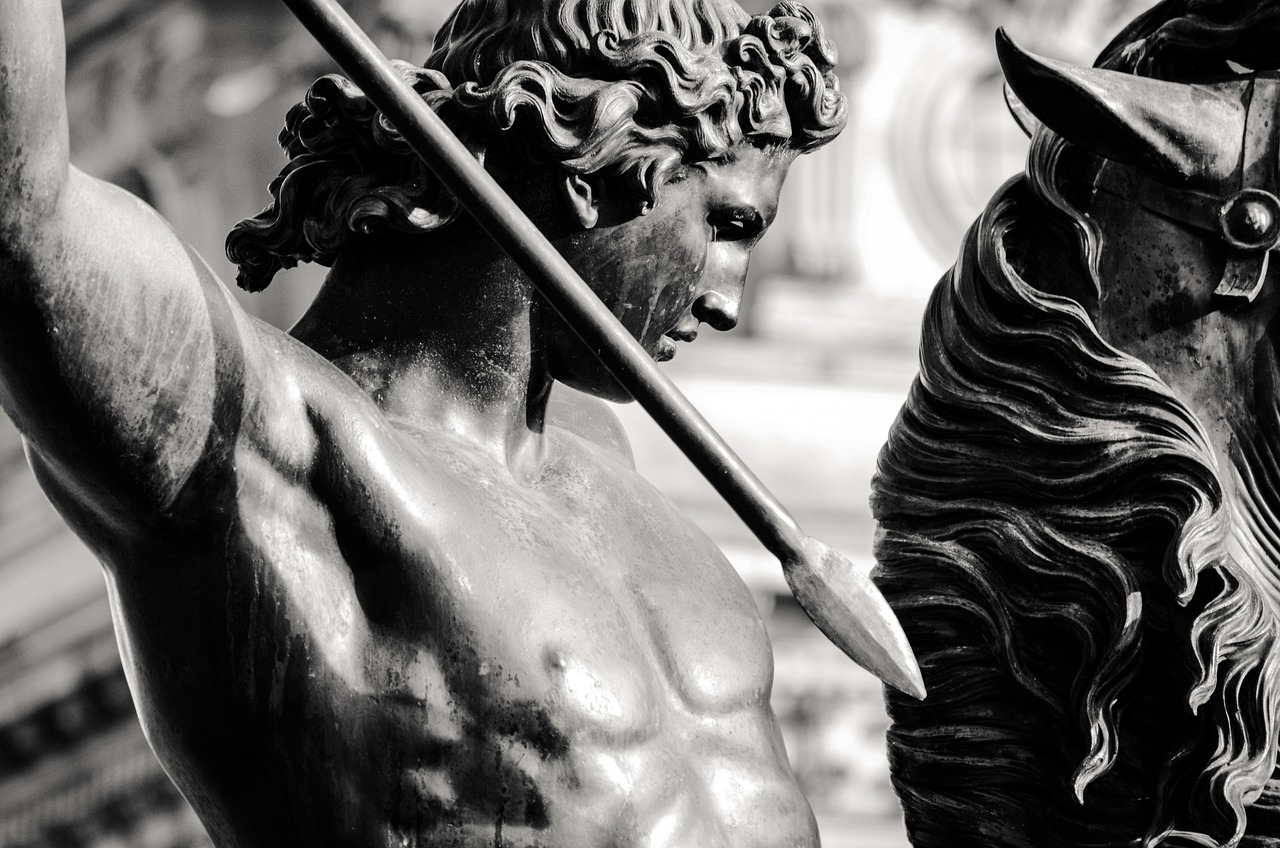Greek mythology comprises a collection of narratives about the deities, heroes, and rituals integral to ancient Greek culture and Classical antiquity. While elements of fiction were acknowledged by critical thinkers of the era, like the philosopher Plato, the broader populace tended to regard these myths as factual representations of their beliefs. This rich tapestry of stories has profoundly impacted Western arts and literature, with successive generations drawing on Greek traditions for inspiration and relevance.
Origins and Key Texts
The origins of these myths are reflected in both literary and archaeological sources. The works of Homer, particularly the Iliad and the Odyssey, are among the most vital. Histories records from the 5th century BCE attribute the personification of gods to figures like Homer and Hesiod. The opening lines of the Iliad introduce Apollo immediately by his lineage, indicating that the audience was expected to be familiar with these divine narratives. Far from treating these stories as mere entertainment, influential thinkers and poets believed in the weight of these myths, occasionally opting to modify or interpret them allegorically.
Hesiod’s Theogony and Works and Days serve as substantial sources regarding the lineage of the gods, featuring extensive genealogies, folktales, and explanations of natural phenomena. While Theogony serves to outline the identities and relationships among the deities, Works and Days imparts practical advice for navigating life’s challenges, emphasizing the importance of justice.
Other Literary Contributions
In addition to Homer and Hesiod, several other literary works augment our knowledge of Greek mythology. Fragmentary epics postdating Homer elaborate on the Trojan War, while the Homeric Hymns contribute critical religious narratives. Lyric poets and the plays of Aeschylus, Sophocles, and Euripides also offered varied accounts of Greek myths, enriching the tapestry of traditions that have been preserved.
The Hellenistic period saw prolific contributions from poets and scholars, such as Callimachus, whose works captured less-known myths, and Euhemerus, who proposed a theory that gods were originally human figures. Apollonius of Rhodes chronicled the adventures of the Argonauts, while later texts, including those by Strabo, Pseudo-Apollodorus, Plutarch, and Pausanias, have been significant in documenting the continued evolution of Greek mythology, even during Roman times.
Archaeological Discoveries
The understanding of Greek mythology has been bolstered by significant archaeological findings. The excavations of Mycenaean and Minoan civilizations have illuminated key aspects of ancient Greek cultural development. Important discoveries by figures like Heinrich Schliemann and Sir Arthur Evans shed light on earlier epics and rituals. Artifacts from Minoan culture (circa 2200-1450 BCE) and Mycenaean culture (circa 1600-1200 BCE) were pivotal in appreciating myth and ritual contexts, despite limited textual evidence from the periods.
Ceramics from the 8th century BCE sometimes depict themes from mythology, including the miraculous feats of Heracles. However, distinguishing the narratives depicted remains challenging due to the stylization of the art and the absence of accompanying texts for context.
Over time, mythological themes continued to flourish through various artistic expressions across the Archaic, Classical, and Hellenistic periods, with increasing integration of Homeric tales in these art forms, further enriching the legacy of Greek mythology.



